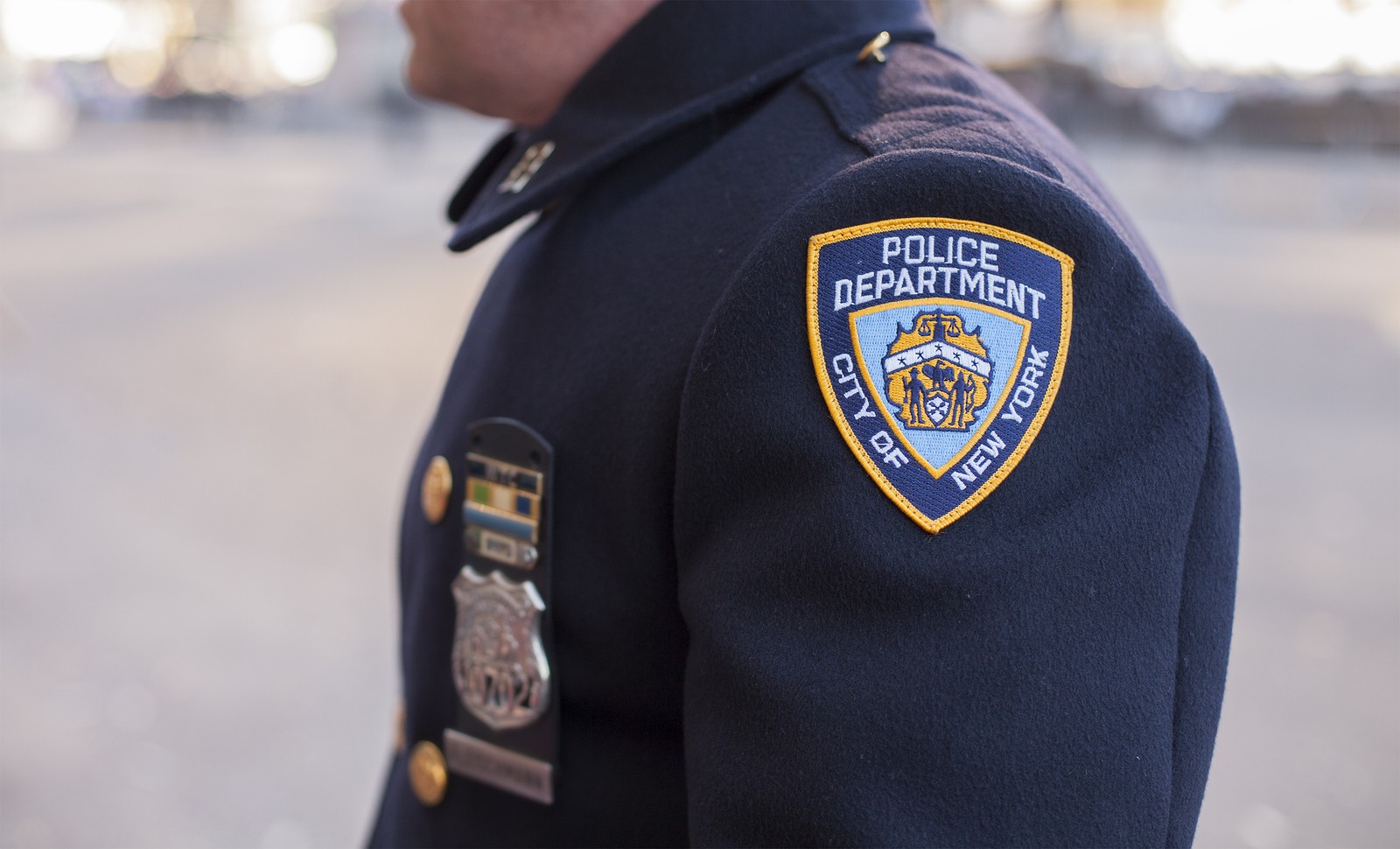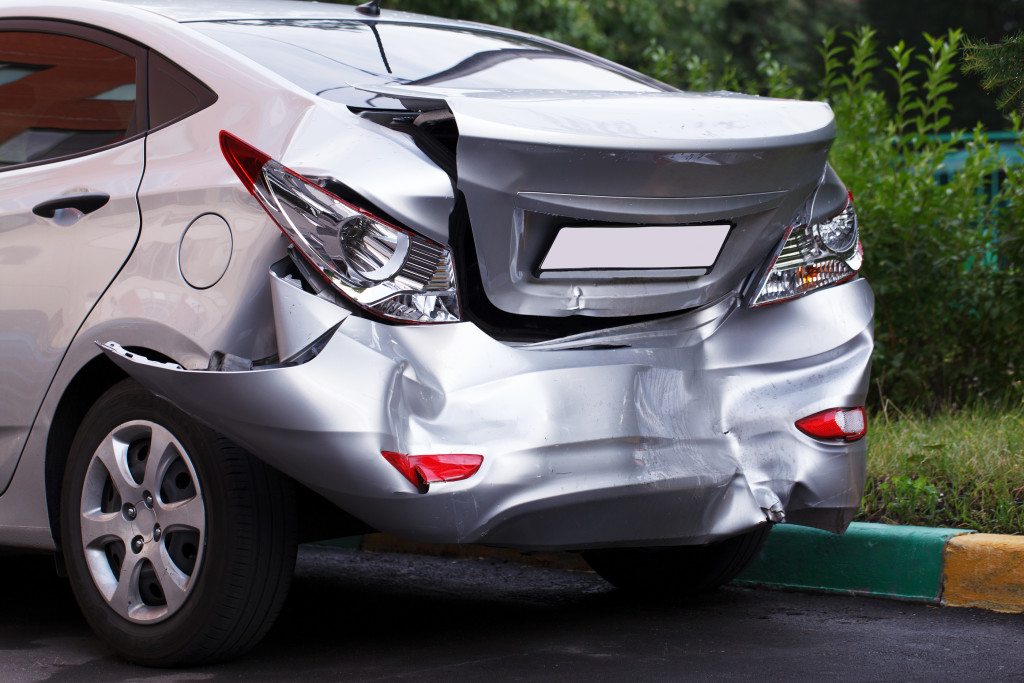Earlier this month, former NYPD officer Nicholas Batka was charged with vehicular manslaughter, criminally negligent homicide, and other serious offenses in connection with the death of MIT student Andrew Esquivel. Three others were non-fatally but severely injured when Batka’s vehicle mounted the curb where Esquivel was standing at the time of the accident. Our Brooklyn DWI defense lawyers examine the charges against Batka, and the penalties he may face if convicted.
MIT Student Killed by Intoxicated NYPD Officer in Brooklyn Car Crash
DWI stands for driving while intoxicated. Other states call it DUI (driving under the influence), but regardless of terminology, it is a serious charge capable of leading to fines, incarceration, and other penalties. However, a DWI charge pales in comparison to accusations of vehicular manslaughter and criminally negligent homicide, both of which Batka, who was fired from the NYPD, has been charged with following the death of 21-year-old college student Andrew Esquivel, described by a former wrestling coach as “the greatest kid in the world.”
Esquivel was killed on July 16, 2016 after being struck by Batka’s vehicle around 3:00 A.M. on Bedford Avenue in Brooklyn. He was immediately transported to Bellevue Hospital, but died from his injuries after being admitted. The other victims survived, but were seriously injured. One suffered bone fractures in both legs, while another needed “multiple surgeries to repair his mangled right leg and a shattered wrist,” in the words of the victim’s father.
Batka, 28, was filmed attempting to leave the scene of the accident, which is a crime commonly referred to as hit and run. According to investigators, Batka’s BAC (blood alcohol content) two hours after the crash was 0.23% – well above 0.08%, the threshold for DWI charges. However, in light of the other allegations against him, drunk driving penalties are among the least of Batka’s legal concerns.
What Happens if You Are Charged with Criminally Negligent Homicide or Vehicular Manslaughter in NY?

Batka was indicted on multiple criminal charges by a grand jury, which means he has been formally charged, but not convicted. The charges against him include second degree vehicular manslaughter, which is a Class D non-violent felony under NY Penal Law § 125.12, and criminally negligent homicide, which is a Class E non-violent felony under NY Penal law § 125.10.
Vehicular manslaughter is a type of homicide that is charged when a person causes another person’s death by operating any type of motor vehicle (including boats and snowmobiles) while under the influence of drugs and/or alcohol. Criminally negligent homicide is charged in a scenario where a person causes death by acting with negligence, or failure to exercise due care given the circumstances at hand.
The existence of negligence, which is a common element of both personal injury lawsuits and criminal cases, plays a major role in determining what sort of homicide crime a person will be charged with. For example, if Batka was believed to have acted with intent to kill Esquivel, rather than acting with carelessness (negligence), he would have been charged with murder.
The penalties for a Class D non-violent felony like second degree vehicular manslaughter can include a prison sentence of up to seven years. Depending on the situation, the defendant may be able to avoid prison and be sentenced to probation, but only if the Class D felony is non-violent. The minimum sentence for a Class D violent felony, such as second degree assault, is two years in prison.
The penalties for a Class E non-violent felony are slightly less severe, but can still have devastating repercussions for the defendant’s career, personal life, and freedom. A Class E felony conviction in Brooklyn can lead to a prison sentence of up to four years, though in some cases it may be possible to avoid prison time and be sentenced to probation instead.
If Batka is convicted, he may be facing up to 25 years in prison.
DWI, though certainly a serious allegation in need of review by an experienced attorney, is a lesser offense than vehicular manslaughter or criminally negligent homicide. However, a second aggravated DWI offense is a Class E felony, while a third aggravated DWI offense is a Class D felony. In both cases, the offender’s driver’s license will be revoked for at least 18 months.
Batka’s driver’s license was suspended by a Brooklyn judge earlier this month. He is due to appear in court in December, having been released on $300,000 bail.
Contact Our Experienced Brooklyn Homicide Defense Attorneys
If you or one of your family members was charged with DWI, DWAI (driving while ability-impaired), vehicular assault, vehicular manslaughter, criminally negligent homicide, or other homicide offenses in New York City, do not wait until it is too late to seek legal help. It is critical to start assessing your situation, and the potential defense strategies, as soon as possible.
The Brooklyn murder defense attorneys of Sullivan & Galleshaw have over 30 years of experience handling complex, high-stakes felony charges, and have earned a reputation as being tough and aggressive opponents in the courtroom. If a loved one has been arrested in Brooklyn, Queens, or Manhattan, we urge you to call our law offices immediately at (800) 730-0135 for a free and confidential legal consultation.


